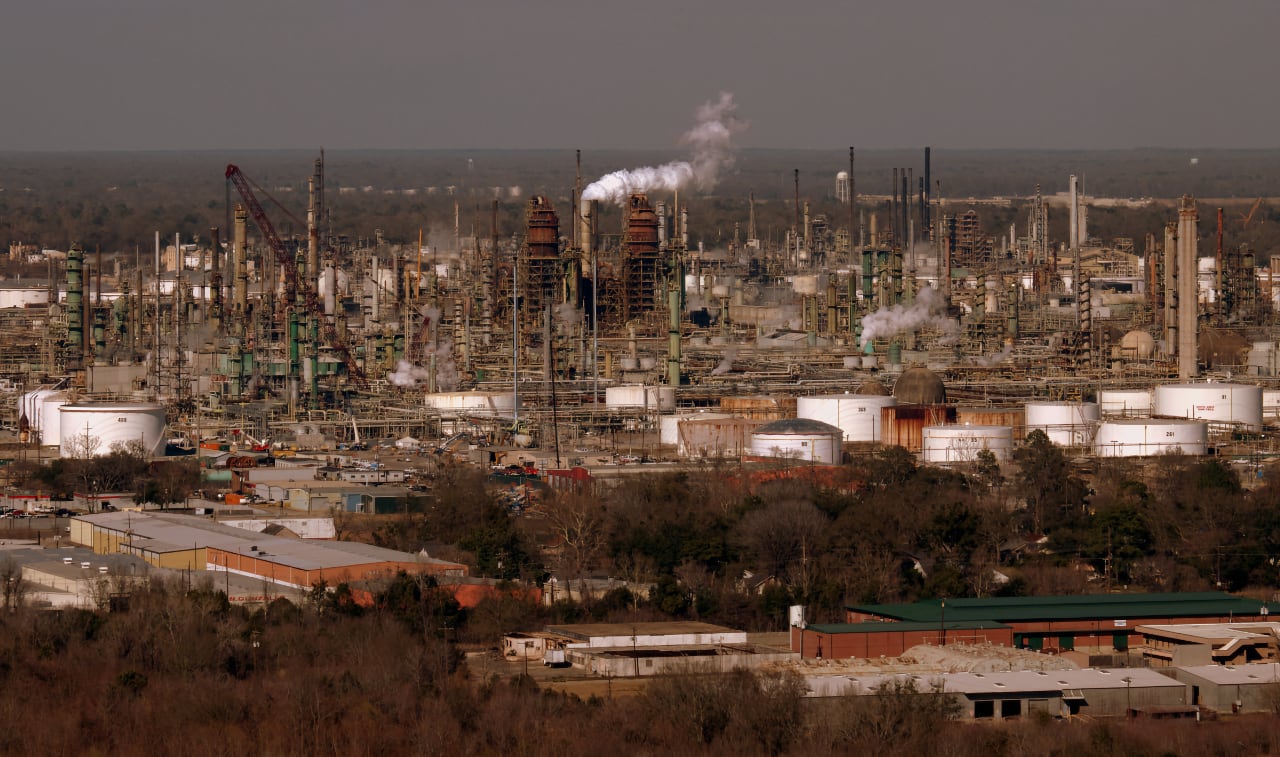Curwood and McTeer highlight how the area known as Cancer Alley along the 85-mile stretch of the Mississippi River between Baton Rouge and New Orleans — that today encompasses over 200 petrochemical plants — was once filled with lucrative sugar plantations that laid the groundwork for environmental racism. Yellow fever consumed one third of all the slaves that were sold from further north to work the cane.
Similarly the areas in Texas — where slaves did not learn about their emancipation for more than two years — is getting crowded by petrochemical companies and like in Louisiana, corporate investors and politicians who do their bidding are praised for job creation with scant regard to its impacts on public health and the environment.
Finding Climate Hope in the Black Vote: Yale study shows black and brown people are more likely than any other demographic to vote on environmental issues
In the second segment of the podcast, Curwood and McTeer reflect on the similarities between the social and environmental justice movements. They note how important religious leadership has been for civil rights; that 75 percent of African Americans say their religion is important to them, compared to about half of whites; and that most faiths discern spiritual aspects in the natural environment. They also discern a moderation of political disagreement in environmental deliberations and point to Interfaith Power and Light’s progress and the emergence of evangelicals for the environment on the right.
